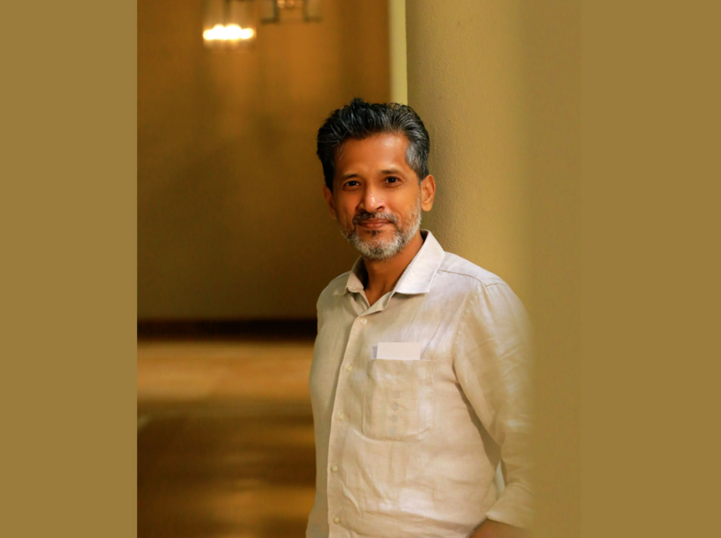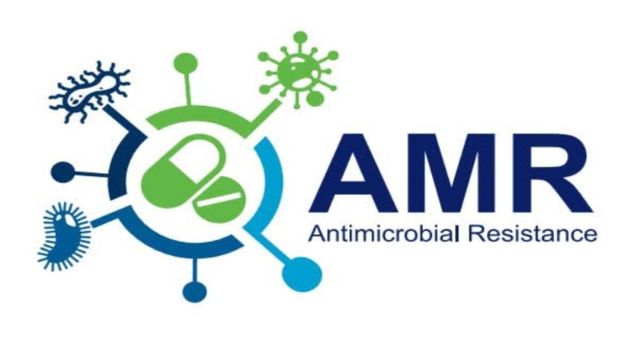Artificial Intelligence in Healthcare: Revolutionizing Medicine

Artificial Intelligence (AI) has been at the forefront of technological innovation across industries, and its application in healthcare is nothing short of transformative. In India, where healthcare accessibility and infrastructure remain challenging, AI’s role is even more critical. From diagnostic imaging to personalized medicine, AI promises to enhance the speed, efficiency, and quality of healthcare services.
Diagnostic Imaging: A Breakthrough in Speed and Accuracy
In traditional medical diagnostics, radiologists spend hours reviewing X-rays, CT scans, and MRIs to identify potential abnormalities such as tumors or fractures. AI systems, especially those powered by deep learning algorithms, can now analyze these images in a fraction of the time while maintaining high levels of accuracy. For example, AI-powered systems can detect lung cancer nodules or early signs of breast cancer with significant precision, helping doctors make informed decisions more quickly.
In India, AI in diagnostic imaging is gaining momentum. Healthcare startups like Qure.ai and Predible Health have developed AI algorithms to assist radiologists by automatically detecting anomalies in scans. These tools not only help reduce human error but also relieve the burden on overworked healthcare professionals, particularly in rural or under-equipped hospitals.
AI in Remote Monitoring and Telemedicine
One of the most pressing challenges in India is the lack of medical infrastructure, especially in rural areas. AI-based remote health monitoring and telemedicine platforms are addressing this gap. Wearable devices integrated with AI algorithms can continuously monitor a patient’s vitals, such as heart rate, blood sugar, or oxygen saturation. In case of irregularities, the system can send real-time alerts to both the patient and their healthcare provider, ensuring timely intervention.
AI-enabled chatbots, such as Wysa and HealthifyMe, are also becoming popular for mental health support and nutritional advice. These tools provide personalized recommendations and guidance based on users’ inputs, offering low-cost alternatives for non-critical healthcare needs.
Predictive Analytics: Shaping Preventive Healthcare
AI is also playing a critical role in preventive healthcare through predictive analytics. By analyzing vast amounts of healthcare data, AI can identify patterns and predict the likelihood of diseases such as diabetes, cardiovascular conditions, and even cancer. The technology can analyze risk factors like age, genetics, lifestyle, and environment to provide early warnings and suggest preventive measures.
The Indian healthcare system is exploring AI tools to reduce the burden of chronic diseases, particularly with India’s growing population of diabetics. AI models can predict blood sugar fluctuations, helping individuals manage their condition more effectively through timely dietary adjustments or medication.
Robotic Surgery: Enhancing Precision
Another groundbreaking AI application in healthcare is robotic surgery. AI-enabled robots can assist surgeons in performing complex procedures with unparalleled precision. In India, robotic-assisted surgery is gaining traction, particularly in specialties like urology, oncology, and cardiac surgery. The Da Vinci Surgical System, one of the most advanced surgical robots, is already being used in several Indian hospitals for minimally invasive procedures.
These AI systems provide surgeons with enhanced dexterity and control, allowing them to operate on delicate tissues with greater accuracy than traditional methods. The result is reduced recovery time, fewer complications, and improved patient outcomes.
Challenges and Ethical Considerations
While the potential of AI in healthcare is immense, it also raises significant ethical and practical concerns. Data privacy is a major issue, as healthcare data is sensitive and vulnerable to cyber-attacks. AI systems rely on vast amounts of patient data to function, and safeguarding this data is critical to prevent breaches.
Another challenge is the possibility of AI replacing human healthcare professionals. Although AI can assist with diagnosis and treatment recommendations, it cannot replace the empathy, experience, and intuition that human doctors provide. Striking the right balance between human expertise and machine efficiency is crucial to ensuring AI is a tool, not a threat, to healthcare jobs.
AI’s Future in Indian Healthcare
India’s healthcare system is ripe for AI adoption. With the growing burden of lifestyle diseases, an aging population, and the ongoing challenges of healthcare access in rural areas, AI offers solutions that can enhance efficiency and outcomes. However, for AI to truly transform healthcare, there must be a focus on infrastructure development, regulatory frameworks, and education. Both healthcare professionals and the general public must be trained to understand and effectively use AI technologies.
As AI continues to evolve, its applications in healthcare will become even more advanced, offering promising solutions to some of India’s most pressing health challenges.








